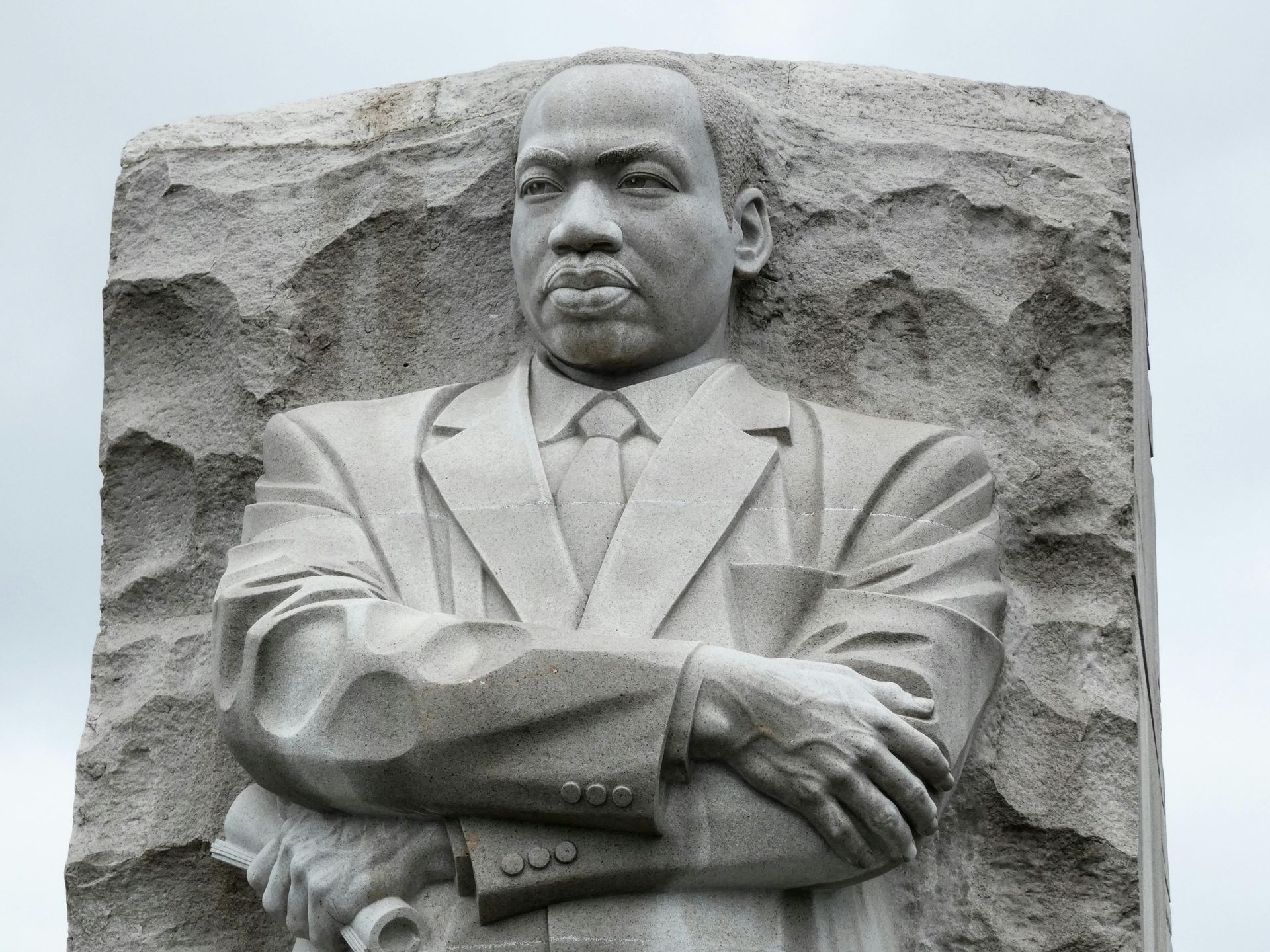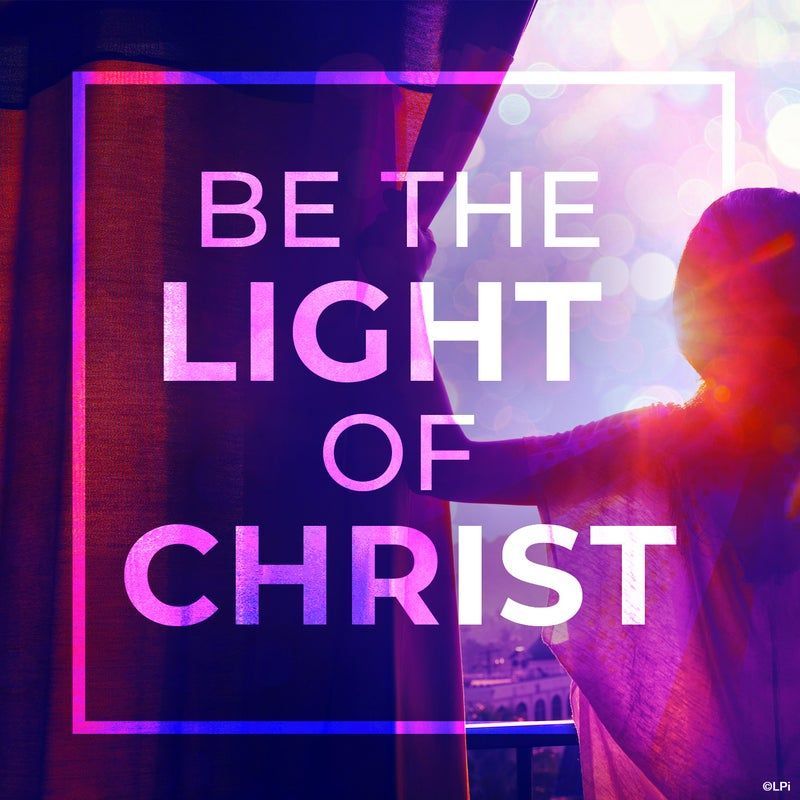25th Sunday in Ordinary Time, Year C

Language scholars who have studied the origins of the word mammon in Hebrew and Aramaic have found clear association with words meaning wealth, riches, money, profit and possessions. But there is also evidence that one of the root words for mammon also means “that in which one trusts.”
On all of our US currency — each coin and paper bill — is a simple (and, I suspect, often overlooked) phrase: “In God we trust.” This phrase was added during the Cold War to distinguish our currency, and nation, from that of the atheist Soviet Union. On each of our denominations of currency, both coins and paper bills, we have this simple reminder in whom we should be placing our trust in — God — and not what we should be placing it in: the fruit of our human activity, especially money. It is a poignant reminder to us today in light of the Gospel passage we hear and our current experience.
This reminder begs us to ask two questions of ourselves and collectively as a country and society: Do we trust in God first? Always, everywhere, in everything? Or do we place our trust first in small-“g” god, or gods of human origin? In answering those questions, we might ask ourselves, what do our actions say about whether we place our trust first in God, or in humans? Where are we spending our time and treasure?
This past month has brought us yet more tragic and traumatic reminders of our society’s misplaced trust. The recent spate of wounding and taking of innocent lives through gun violence in service of an ideology of retribution is just the most recent in a continuing human saga of such behavior, behavior that places trust in leading with human action to resolve differences, over our openness and trust in allowing God to lead us to a conversion of heart and to reconciliation.
There is more that could be said about the responsible use of wealth in service to God. About detachment from ‘goods’ of this world — goods that God gives us out of love to draw us closer and more deeply into love with God, that we might revere God and God’s creation, but not take those goods in place of God. But in light of our continuing tragedies and the lack of reverence for human life, created by God in the image and likeness of God, of which they are clear evidence, the most important response we can offer is what St. Paul exhorts us to in his letter to Timothy, when he writes:
First of all, I ask that supplications, prayers,
petitions, and thanksgivings be offered for everyone,
for kings and for all in authority,
that we may lead a quiet and tranquil life
in all devotion and dignity.
This is good and pleasing to God our savior,
who wills everyone to be saved
and to come to knowledge of the truth.
And so we will pray to God, as St Paul asks. Pray collectively for those who have suffered violence in all forms against humanity. We will pray collectively for those wounded, those who have lost their lives and their families. And then perhaps most difficult of all, we will pray for those who perpetrated this violence, and all who are tempted to perpetrate violence against humanity. We should be challenged in our prayers to pray for people we don’t want to pray for. We may find the heart that is converted is our own. In all these prayers we place our trust first and foremost in God, who desires to save us, and who “proves his love for us in that while we were yet sinners Christ died for us” (Rom 5:8).
In this is our act of Faith. In this is our act of Hope.






